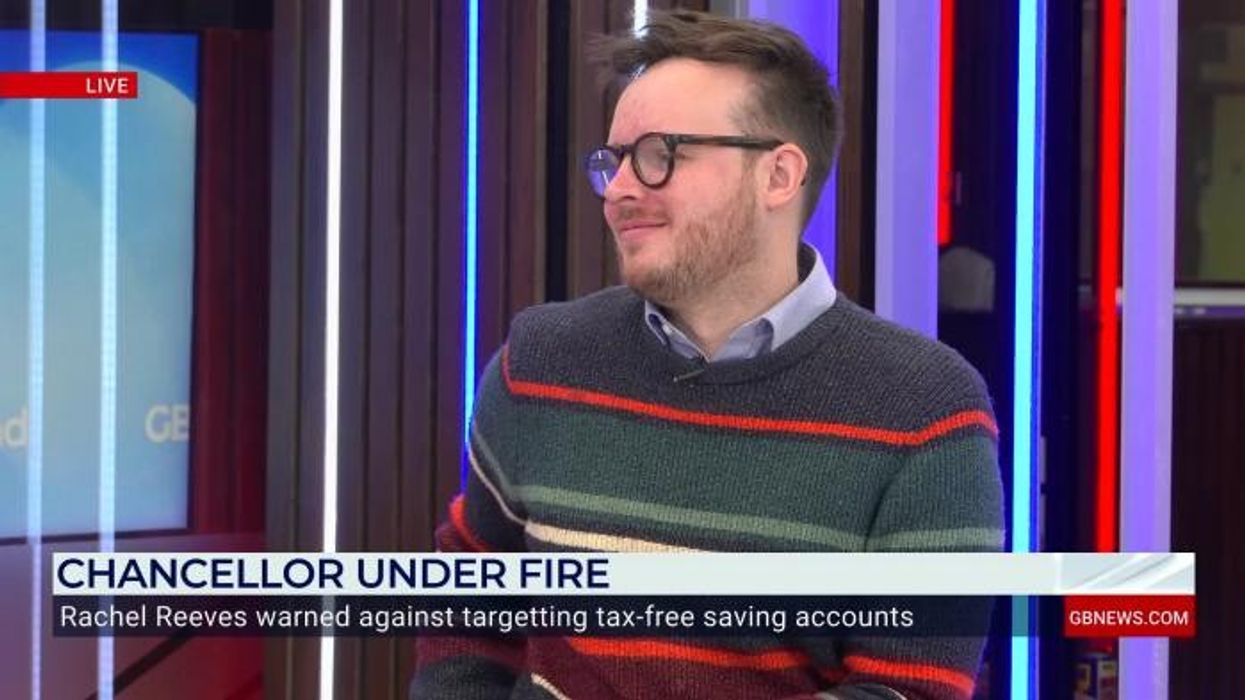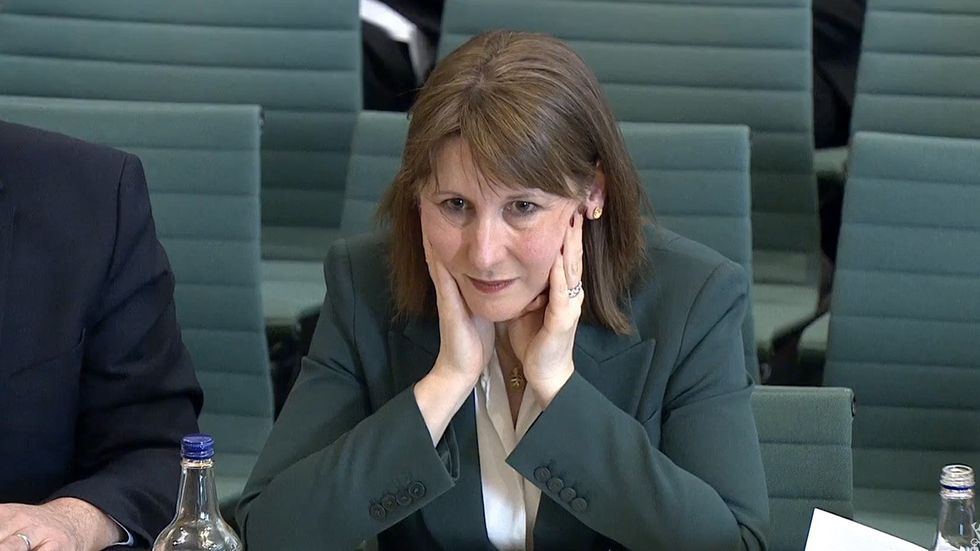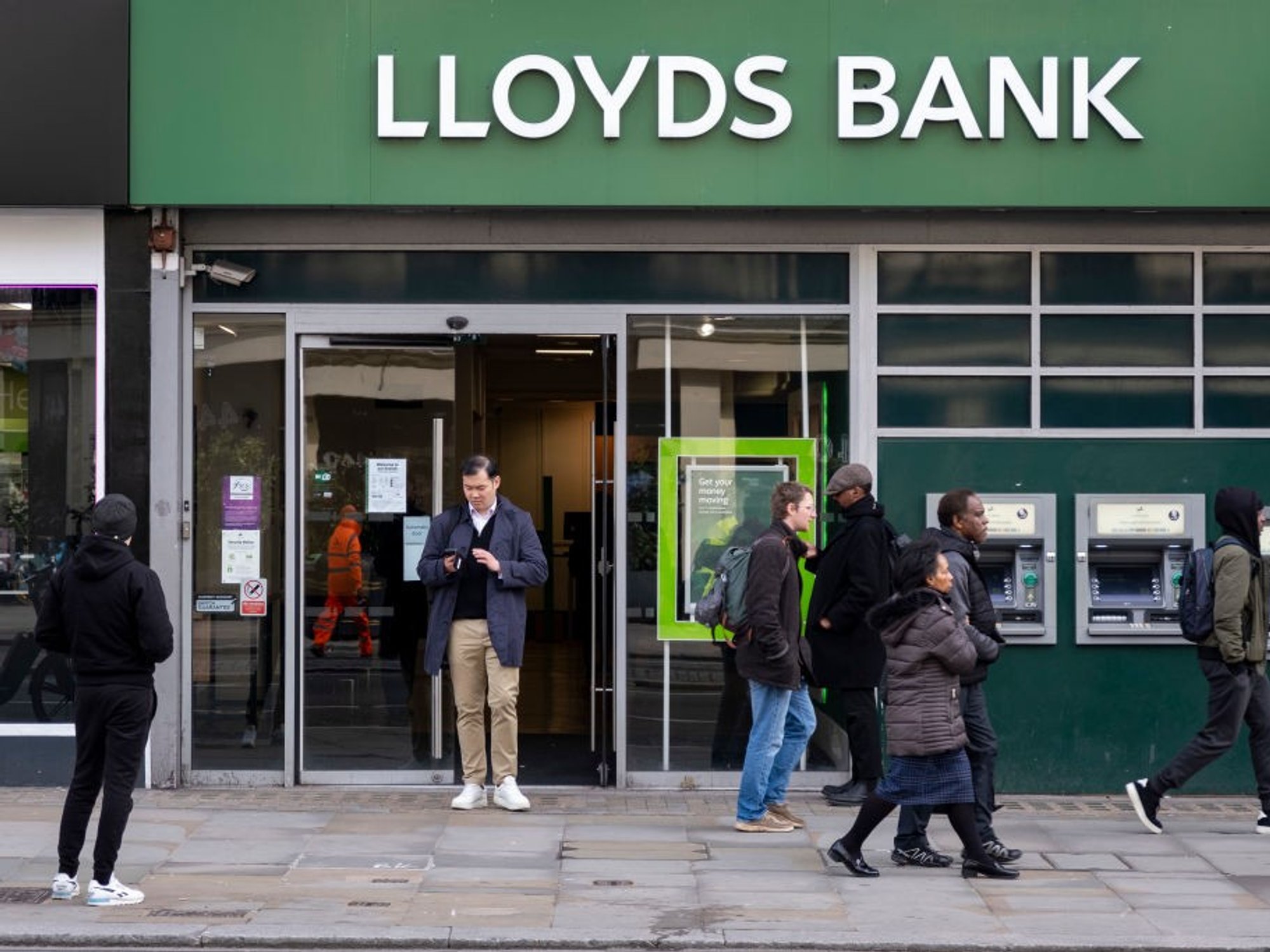Rachel Reeves set to cut cash ISA allowance in major blow for savers

Clare Muldoon blasts Rachel Reeves for targeting tax-free cash ISAs - 'Abhorrent!' |
GBNEWS

There has been speculation that the Chancellor will cut the allowance as low as £5,000
Don't Miss
Most Read
Latest
Chancellor Rachel Reeves is set to unveil plans to reduce the annual tax-free cash ISA allowance from its current £20,000 ceiling, with an announcement expected at her Mansion House speech on 15 July.
Government officials have indicated the chancellor intends to establish a lower annual limit specifically for cash ISAs whilst maintaining the overall £20,000 tax-free savings allowance across all ISA products.
The proposed changes would represent the most significant reform to the ISA system since its introduction in 1999 under Gordon Brown.
Earlier this year, Government discussions explored reducing the cash ISA threshold to as low as £5,000, according to City figures.
However, a Whitehall source familiar with the negotiations revealed ministers have been considering counter-arguments to maintain a higher threshold.
A Treasury official confirmed the Government was "looking at options for reforms to ISAs that get the balance right between cash and equities".
 ISAs are useful tools for those looking save and avoid paying tax | GETTY
ISAs are useful tools for those looking save and avoid paying tax | GETTYThe Government believes the plan will generate fresh investment streams into London-listed companies by encouraging savers to move from cash into shares, according to officials.
The initiative comes as London's stock market grapples with a shortage of company flotations and investors withdrawing funds from UK equity portfolios.
A few months ago, Reeves stated: "I do want people to get better returns on their savings, whether that's in a pension or in their day-to-day savings".
She confirmed she would not "reduce the £20,000 ISA limit" but stopped short of ruling out cuts to cash ISA allowances specifically.
One industry expert noted: "What [the Treasury] are completely focused on I'd say obsessed with is the cash side, because there's nearly half a trillion in cash that could be deployed into the economy."
The proposals are expected to feature in the "financial services growth and competitiveness strategy" to be published alongside the Mansion House address.
The proposed changes have sparked fierce lobbying between City firms supporting cash ISA limits and building societies opposing restrictions.
Cash remains by far the most popular of the four main ISA products, which also include stocks and shares ISAs and two more specialised versions for alternative investments and home purchases.

Rachel Reeves may have to make some tough decisions
| Parliament TVSusan Allen, chief executive of Yorkshire Building Society, warned: "Not everyone is in a position where they have excess cash to invest. In many cases, our customers are holding cash to pay for life events like a wedding or moving home."
Michael Summersgill, boss of investment platform AJ Bell, said he was "fundamentally opposed" to reducing the amount savers could hold in cash ISAs, arguing any reduction would have a "negative" impact on savers without having "the desired effect of getting people investing".
Ministers have also been considering allowing Long Term Asset Funds within ISAs to provide access to private markets such as infrastructure.

Consumer groups and building societies have cautioned that restricting cash holdings would not necessarily alter people's financial behaviour
| GETTYSarah Coles, head of personal finance at Hargreaves Lansdown, argued the approach could backfire: "Cash ISAs are often a first port of call when people are starting out, and they'll often gradually move over into investments as they find their feet.
"If the speculation is accurate, it means they'll have less available to transfer into stocks and shares ISA effectively reducing investments rather than boosting them."
She emphasised that "this is an issue which requires a carrot not stick approach. We know through extensive research that the barriers to investing are behavioural, so it's through encouragement and increased confidence that we will all increase the number of retail investors."
Consumer groups and building societies have cautioned that restricting cash holdings would not necessarily alter people's financial behaviour and questioned how the Government would ensure funds flow specifically into London-listed stocks.
More From GB News










